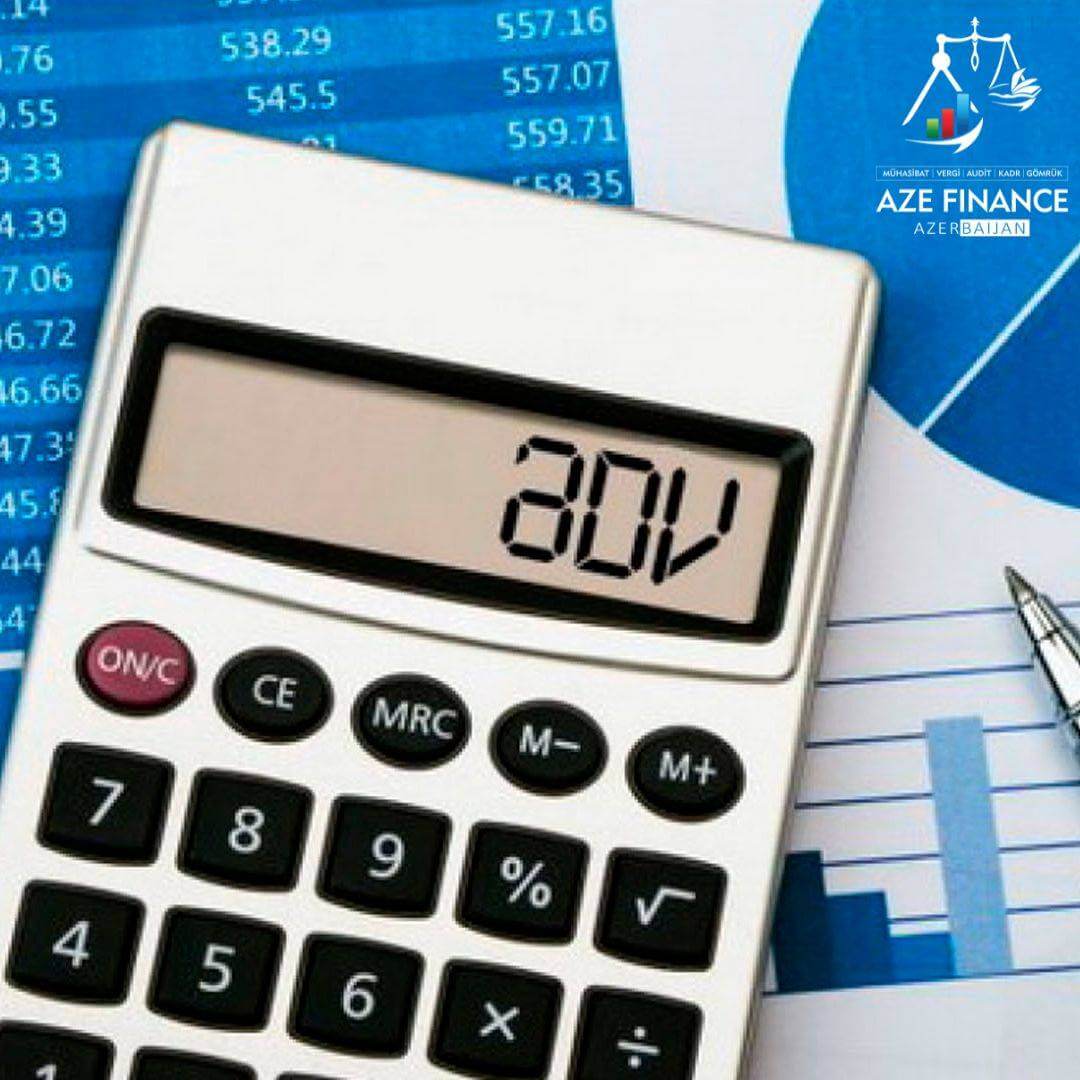Changes have been made to the rules regarding VAT deposit accounts
Changes have been made to the rules regarding VAT deposit accounts

The Cabinet of Ministers' decision dated February 24, 2025, introduced changes to the "Rules on the payment of VAT, VAT accounting in the deposit account, VAT movement, offsetting VAT from transactions carried out through this account, and transferring VAT to the state budget" for goods (works and services) purchased against electronic invoices issued to taxpayers.
Requirements for indicating the details of the VAT deposit account
According to the amendment, the requirement to indicate the details of the VAT deposit account on the electronic invoices issued by the seller to the buyer for goods (works, services), the electronic invoices issued by persons engaged in construction activities to buyers, as well as receipts and vouchers issued during the retail sale of agricultural products, has been removed.
It should be noted that the details of the VAT deposit account are available on the State Tax Service's https://www.e-taxes.gov.az/. The primary reason for these changes is the presence of taxpayers not registered for VAT among the parties receiving the electronic invoices. Additionally, sometimes VAT-registered taxpayers do not subject certain operations to VAT depending on the nature of the transactions, and as a result, there is no obligation to pay VAT, which caused confusion that has now been resolved.
The State Tax Service under the Ministry of Economy reports that, as indicated in subparagraphs of paragraph 2.1 of the Rules, the requirements for the payment of VAT on transactions subject to VAT (18%), including the transfer of part of the VAT paid during the purchase and sale of residential and non-residential properties to the VAT deposit account, remain in force.
Extension of the deadline for submitting information on VAT obligations to the treasury
Another important change in the relevant rules is related to the extension of the deadline for taxpayers to make payments from the VAT sub-account to the state budget. Specifically, taxpayers who make payments from the VAT sub-account to the state budget by 14:15 on a business day will have the corresponding documents submitted by the State Tax Service to the State Treasury Agency by 14:30 on the same day. Previously, payments made only by 11:30 had to be submitted to the Treasury on the same day.
This change was made based on requests from taxpayers. It should be noted that this issue was extensively discussed with business entities during the meetings of the "Tax and Accountability" working group of the Business Environment and International Rankings Commission. As a result, the payment deadline from the VAT sub-account to the state budget has been extended, the document submission process to the State Treasury Agency has been expedited, and payments will be transferred to the relevant local treasury authorities throughout the day. This change, serving the interests of business entities, will allow taxpayers to fulfill their VAT obligations more quickly and eliminate cases of additional interest calculations.

The Cabinet of Ministers' decision dated February 24, 2025, introduced changes to the "Rules on the payment of VAT, VAT accounting in the deposit account, VAT movement, offsetting VAT from transactions carried out through this account, and transferring VAT to the state budget" for goods (works and services) purchased against electronic invoices issued to taxpayers.
Requirements for indicating the details of the VAT deposit account
According to the amendment, the requirement to indicate the details of the VAT deposit account on the electronic invoices issued by the seller to the buyer for goods (works, services), the electronic invoices issued by persons engaged in construction activities to buyers, as well as receipts and vouchers issued during the retail sale of agricultural products, has been removed.
It should be noted that the details of the VAT deposit account are available on the State Tax Service's https://www.e-taxes.gov.az/. The primary reason for these changes is the presence of taxpayers not registered for VAT among the parties receiving the electronic invoices. Additionally, sometimes VAT-registered taxpayers do not subject certain operations to VAT depending on the nature of the transactions, and as a result, there is no obligation to pay VAT, which caused confusion that has now been resolved.
The State Tax Service under the Ministry of Economy reports that, as indicated in subparagraphs of paragraph 2.1 of the Rules, the requirements for the payment of VAT on transactions subject to VAT (18%), including the transfer of part of the VAT paid during the purchase and sale of residential and non-residential properties to the VAT deposit account, remain in force.
Extension of the deadline for submitting information on VAT obligations to the treasury
Another important change in the relevant rules is related to the extension of the deadline for taxpayers to make payments from the VAT sub-account to the state budget. Specifically, taxpayers who make payments from the VAT sub-account to the state budget by 14:15 on a business day will have the corresponding documents submitted by the State Tax Service to the State Treasury Agency by 14:30 on the same day. Previously, payments made only by 11:30 had to be submitted to the Treasury on the same day.
This change was made based on requests from taxpayers. It should be noted that this issue was extensively discussed with business entities during the meetings of the "Tax and Accountability" working group of the Business Environment and International Rankings Commission. As a result, the payment deadline from the VAT sub-account to the state budget has been extended, the document submission process to the State Treasury Agency has been expedited, and payments will be transferred to the relevant local treasury authorities throughout the day. This change, serving the interests of business entities, will allow taxpayers to fulfill their VAT obligations more quickly and eliminate cases of additional interest calculations.


